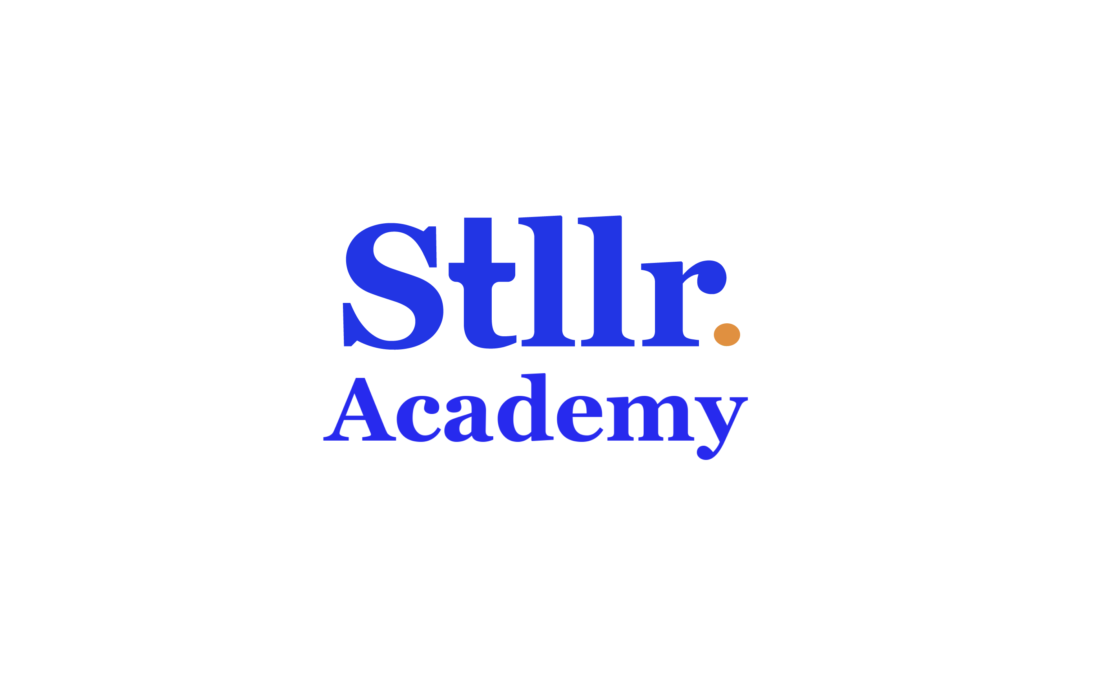Vitalik Buterin, together with E. Glen Weyl and Puja Ohlhaver, co-published a 37-page paper titled Decentralized Society: Finding Web3’s Soul, where he introduced the concept of Soulbound tokens (SBTs).
Soulbound tokens are non-transferable tokens that can be utilized to form the social credit system stored in people’s “souls” and revoked upon choice, representing credentials such as a college degree or a job title for verification purposes on the web3.
The concept of Soulbound tokens came from Vitalik Buterin’s favorite game, World of Warcraft, where “Souls” act like achievement badges upon completing a certain task or clearing a milestone. In real life, they would serve as non-exchangeable badges which establish a person’s employment history, education, and other certifiable skills.
Despite the continuous development of the web3 space, it remains money-centric, with no protocols set in place for ownership, authorship, or verification. With the help of Soulbound tokens, users can not only claim ownership of a certain credential or affiliation, but they can also prove and safeguard their online identity with little to no reliance on web2 structures.
Before SBTs, the only way users could be differentiated from each other was through the unique items stored in their wallets, as each person is represented by a wallet address starting with 0x and followed by a string of numbers and letters. SBTs now provide a means towards establishing an irreplaceable, non-exchangeable identity on the web3.
SBTs are validated by other “souls”, or people who can vouch for you and the credentials you hold, similar to how a LinkedIn connection can verify one of your skills to your connections. This could go to enable uncollateralized lending by providing a persistent record of credit-relevant history, allowing souls to stake a meaningful reputation to secure a loan.
In addition to establishing a reliable credit score system, SBTs can also help mitigate Sybil attacks, where a single user can have multiple wallets and hoard tokens to reach 51% voting power and then manipulate a DAO decision. By leveraging multiple dimensions of information, licenses, and certifications, SBTs have the potential to empower the complete democratization of the decentralized ecosystem.
The introduction of “Souls” can also help in the easy identification of bots, who will undoubtedly have “poor souls”, or hold no certifications or affiliations to prove their state of being. This easy verification mechanism would help decrease crime and misconduct by empowering users through reputation and credibility rather than mere crypto wealth.
This protocol is set to run on the highly-anticipated new proof-of-stake consensus model with the introduction of Ethereum 2.0.
If you see something out of place or would like to contribute to this story, check out our Ethics and Policy section.














